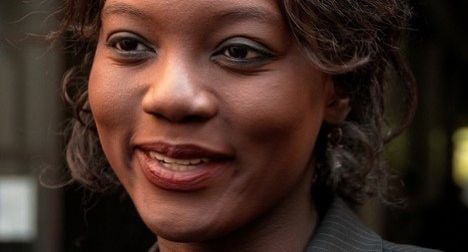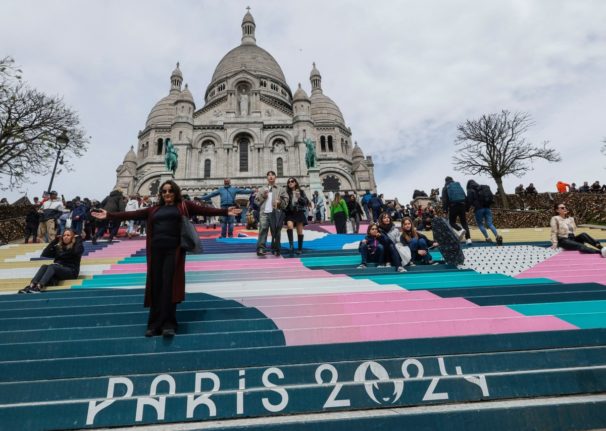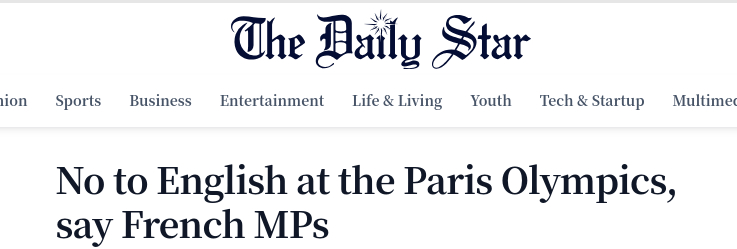Yade told AFP that she wanted her freedom back. “I have written to the President to say I would like to leave this role without damaging the interests of France.” She said she expects to meet the President on Friday or Saturday.
34-year old Yade is one of the most popular politicians in France. A poll in May published by Le Point-IPSOS gave her a 50% satisfaction rating, putting her in seventh place. The list was topped by Paris city mayor, Bertrand Delanoe, who scored 54%.
Yade has been a controversial figure since she joined the government. Once a favourite of President Sarkozy, she angered him in 2009 when she declined his request to run for a seat in the European Parliament. It’s believed that his anger led to her being moved from the Foreign Ministry to her job as sports minister. Once there, she had a difficult relationship with the senior minister, Roselyne Bachelot, particularly after the French football team performed disastrously in the 2010 World Cup in South Africa.
She took up her new role in December 2010 but has been publicly rebuked on several occasions for her behaviour. Government spokesman François Baroin told a press conference in April that she ought to show more reserve if she was going to continue in her ambassador role.
Yade said she now plans to focus her efforts on supporting Jean-Louis Borloo in the elections for 2012. Borloo left the government in late 2010 after failing to get the job of Prime Minister and is believed to be planning a bid for the Presidency.





 Please whitelist us to continue reading.
Please whitelist us to continue reading.
Member comments